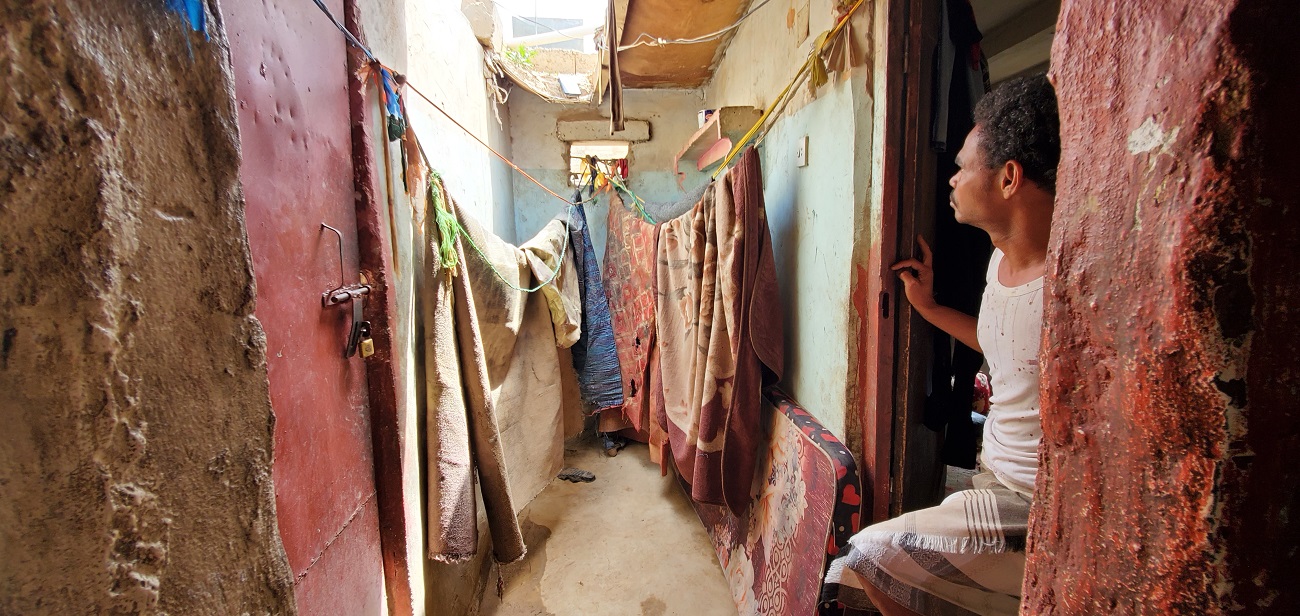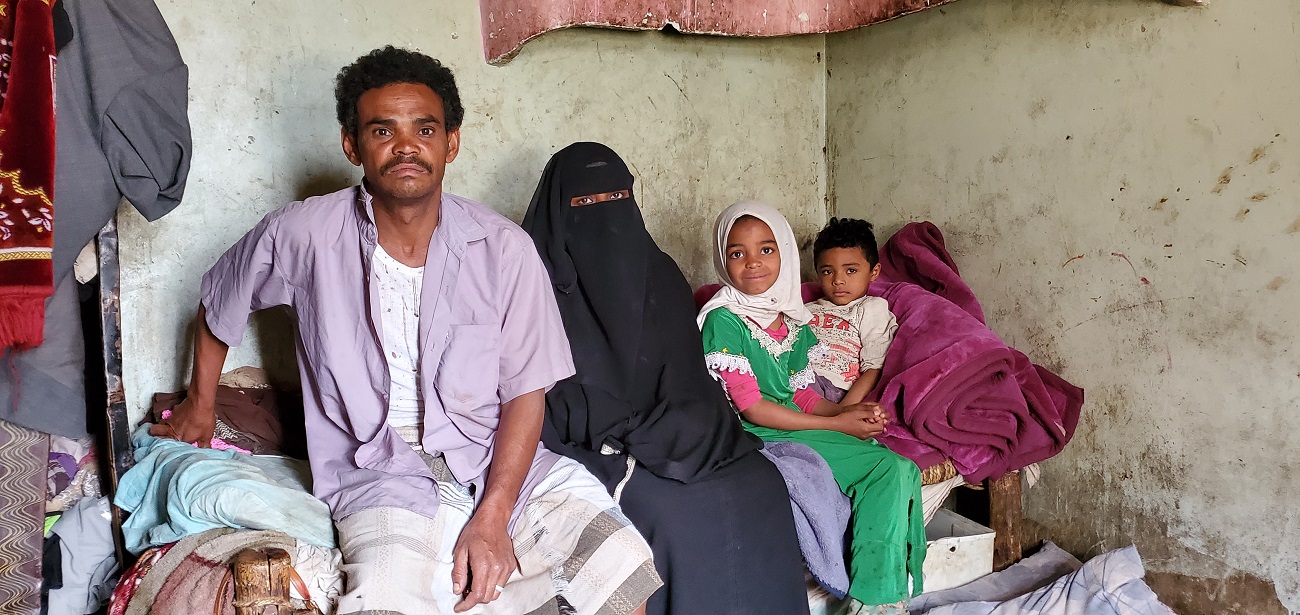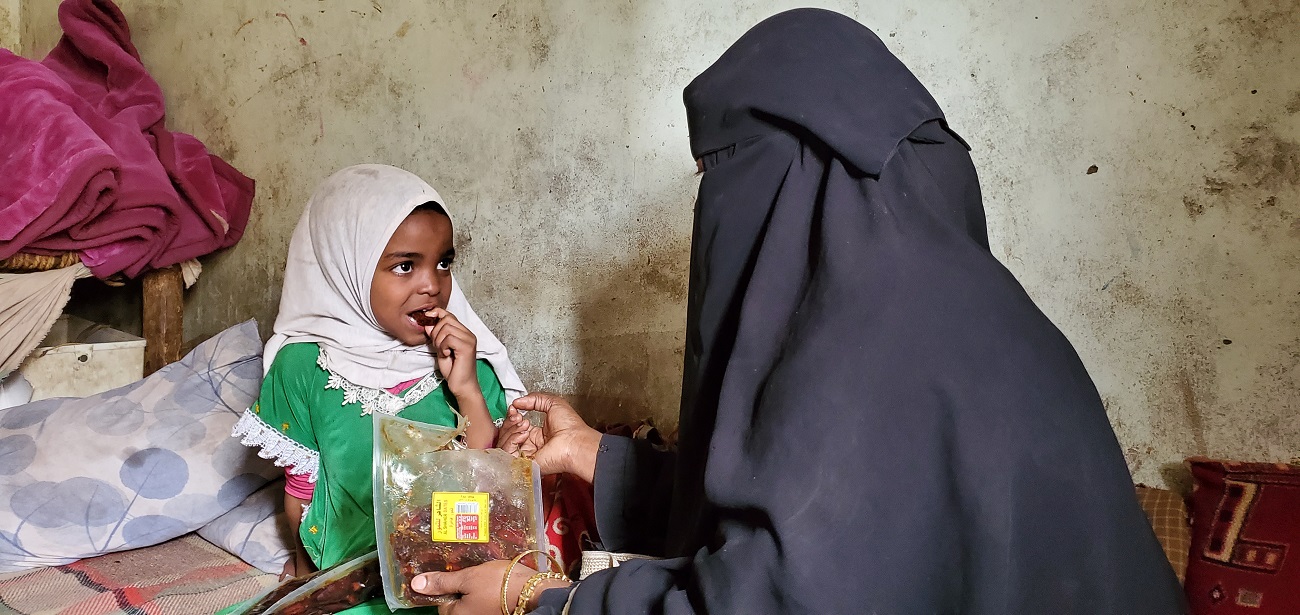A total of 4.3 million people have been internally displaced in Yemen since 2015. A further 588,000 people are projected to be displaced in 2022, based on Rapid Response Mechanism (RRM) historical data and displacement trends. At least 73 per cent of those displaced are women and children.
Eight years of armed conflict have created catastrophic humanitarian needs in Yemen, uprooted millions of people from their homes, destroyed the economy and fostered the spread of diseases, including COVID-19. Yemen experiences extreme weather events including heavy rains, with seasonal flooding recurrent across the country, especially in coastal areas. Recently, the country has endured intense rainfall and flash floods which has proliferated diseases such as cholera, dengue, malaria and diphtheria. In addition to the destructive impact of the conflict, torrential downpours and flooding have also caused further widespread damage to infrastructure, including homes, shelters, roads, bridges, and irrigation and sewage systems.
Prior to the war, many Yemenis were dependent on their small businesses as their main source of income, able to stand on their own feet and be self-reliant. This was the case for Mohammed and Eman, a couple who used to live in Al Hudaida Governorate’s Al Doraihmi Area. When fighting reached their area however, they had to flee to Amran Governorate, like many who have had to now endure displacement.


